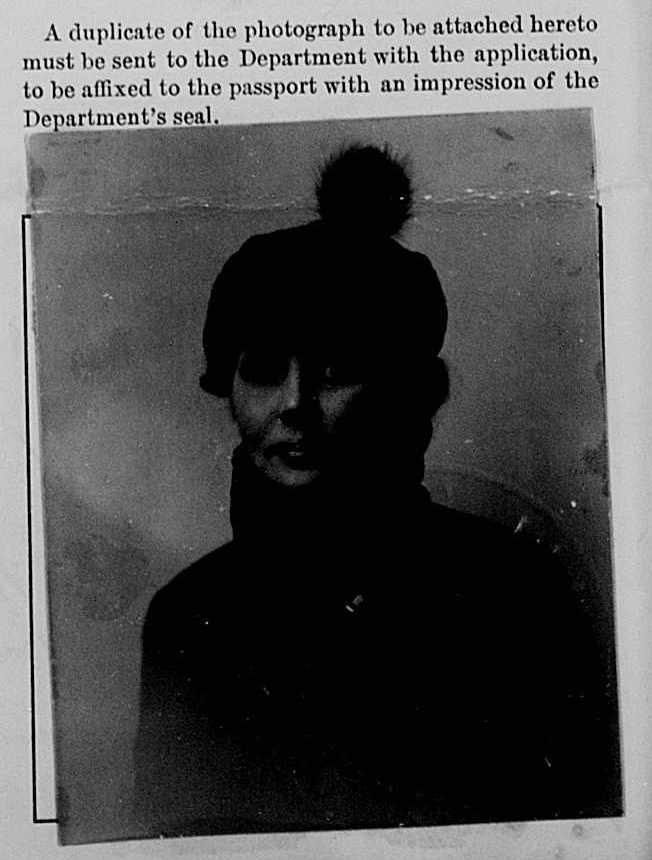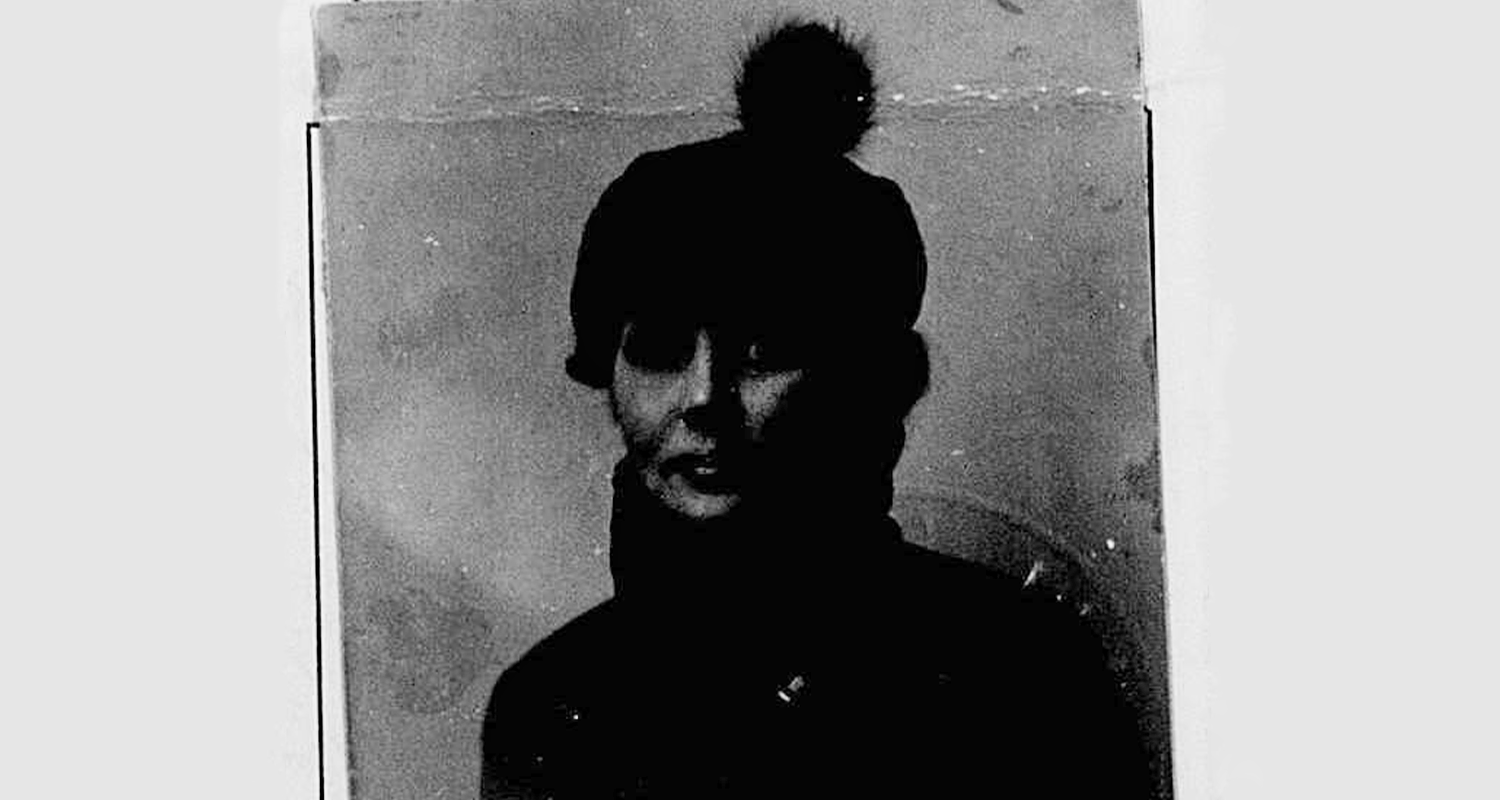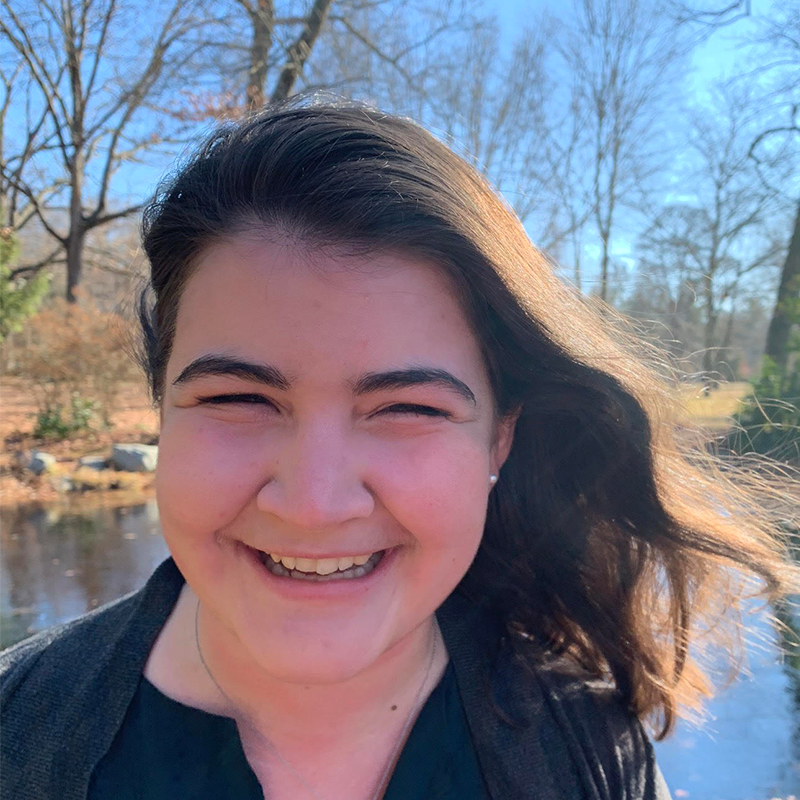When Wheeling residents think of a local suffragist, their minds probably jump to Dr. Harriet B. Jones, the first woman licensed to practice medicine in West Virginia in addition to her extensive suffrage activities. A suffragist was a person (of any gender) who believed in and advocated for the expansion of voting rights, most commonly for women. Sometimes there is confusion between the terms “suffragist” and “suffragette;” in the United States, “suffragette” was often used as an offensive term to disparage those fighting for women’s voting rights. While Dr. Jones is often remembered and lauded as the local suffrage star, dozens of other residents petitioned, attended meetings and fought for voting rights. As the Nineteenth Amendment turns a century old this year, it is important to look back on forgotten local women who worked to make suffrage possible. One of those Wheeling women was May Hornbrook (Boyd-Carpenter).
Background on the Suffrage Movement and West Virginia
On August 18, 1920, the 19th Amendment to the U.S. Constitution became law, granting every citizen the right to vote, regardless of sex. Five months earlier, on March 10, West Virginia was the 34th state to ratify the amendment after decades of numerous campaigns for municipal, state and federal suffrage for women.
Rumblings of women’s suffrage began in West Virginia as early as 1867, when a state senator, Samuel Young, introduced a bill that would recognize voting rights for “educated, taxpaying women.” However, it had no supporters. The fight for women’s voting rights in WV started in earnest when the West Virginia Equal Suffrage Association (WVESA) was created in 1895, as a chapter of the National American Woman Suffrage Association. WVESA started out as nine groups around the state; however, after five years, Wheeling and Fairmont were the only two left.

May Hornbrook and Local Suffrage
May Hornbrook was a local suffragist and active community member in Wheeling during the first quarter of the 20th century. Even though her father’s family was from Wheeling, May was born May 12, 1870 in Sedalia, Missouri to Henry and Abigail Hornbrook, shortly before the family moved back to Wheeling. At one point she told a newspaper, The Fairmont West Virginian, that she was a “suffragist by inheritance” because her father was “thoroughly in sympathy with the woman movement and encouraged this interest in his daughter.”
Throughout her time in Wheeling, May was active in several aspects of society and civic service. Eventually serving as president, May started her political activism as part of the Wheeling Municipal League, an organization that advocated for women’s voting rights on a city level in Wheeling. In 1904, Wheeling was writing a new city charter and there was a strong push to try to include women’s suffrage. Many big-name suffragists, such as Dr. Anna Howard Shaw and Kate Gordon, traveled to speak in Wheeling; however, the effort failed. While other states and locales had granted women the right to vote, many Wheeling suffragists pivoted to focus on national suffrage.
It is unclear when May joined WVESA, but in 1907, she was serving as the organization’s corresponding secretary. She became prominent enough that on November 8, 1907, May was chosen to become state president, serving from 1907 to 1910. Dr. Harriet Jones worked closely with May, serving as her predecessor as State President of WVESA. There are plenty of other Wheeling women mentioned in records and newspapers alongside May and Harriet, such as the Cummins sisters (Elizabeth and Anne), Florence Hoge, Virginia Hoge Kendall and Annie C. Boyd. Other women are identified only by their husbands’ names but are no less important, like Mrs. Henry O. Ott or Mrs. Edward W. Hazlett. These are just some of the women who were involved at the same time as May; since the fight for women’s voting rights lasted several decades, many suffragists came in and out of the movement.
Many of May’s public-facing suffrage activities consisted of organizing meetings, speakers and luncheons to promote support for women’s voting rights. While several local newspapers were supportive of women’s voting rights and favorably reported on suffrage activities, they were often qualified with the opinion or approval of their husbands. For example, as May prepared to represent West Virginia at her first national suffrage convention in 1908, The Fairmont West Virginian noted that “Mrs. Hornbrook has the co-operation of her husband in all her public work.” May had married Thomas Clay Hornbrook of Wheeling, her third cousin, in 1902. In addition, the paper seems almost surprised that May was “a young and attractive woman, one of those whose very appearance refutes the now almost work-out sophism that women suffragists are less lovely, less lovable or less womanly than other women.”
After May’s term as president of the WVESA, her activities become relatively hard to trace. The suffrage movement moved on, failing to get the state constitution amended in 1916, but won victory when West Virginia ratified the 19th Amendment in 1920. Interestingly, despite May’s position as a leader in the movement, there is no mention of any further suffrage efforts or even attendance at the frequent meetings and events.
May’s Life After Suffrage
It does appear that May starts to travel the world. In 1912, The Wheeling Intelligencer noted that “Mrs. May Hornbrook will sail October 4th on the steamer Lusitania for an indefinite stay abroad;” the same ship that would be sunk less than three years later by a German submarine during WWI. In November 1915, May applied for a passport for herself and her maid to travel to England to nurse a sick aunt. Her attached application photo is one of the only extant photos of her in the public record.

While May did a fair amount of traveling, it appears she returned fairly regularly to Wheeling and shared her experiences. In June 1914, The Wheeling Intelligencer advertised a travel talk in St. Paul’s Church in Elm Grove where “[Mrs. Hornbrook] will take her audience from Morocco through to Egypt, including a trip up the Nile, the Sphinx and the Pyramids. She will then go to Turkey in Asia and the Holy Land.”
May returned from one of her several trips with the man who would become her second husband when they married on August 1, 1917—William Boyd Carpenter, an Englishman. One of the reasons that May became less active in Wheeling is because she and William moved to Beijing, China during the early 1920s so that William could teach at a university. While Wheeling records do not follow May’s activities in China, the “About People” section of The Wheeling Intelligencer does note every time she returned home to visit her mother, who still lived in Elm Grove. During one of the final times that she came back to Wheeling before moving back to the States, May spoke at a luncheon to the Wheeling Kiwanis Club, where she “told of many interesting habits and characteristics of the Chinese people”—portraying orientalist attitudes of the early 20th century.
In the mid 20th century, some time after returning from China in 1925, May and William settled down in the Washington, D.C. area. In the 1940 U.S. Census, William’s profession is listed as an “author” and at some point, he would become a lecturer at Georgetown University. However, May has no listed profession in the census.
May’s Memory Today
May had no known children with either of her husbands and at the time of her death, on April 6, 1965, there was no mention of her suffragist contributions in her obituary in The Wheeling Intelligencer. Even though she died in Las Cruces, New Mexico and had traveled the world throughout her life, May was brought back to Wheeling to be buried in Greenwood Cemetery in between her two husbands and the rest of her family.
Even though May Hornbrook (Boyd-Carpenter) was an important part of the fight for women’s right to vote in West Virginia, and Wheeling especially, it is unknown whether she actually ever voted in West Virginia. Other than ghostly traces of May that are scattered across mentions in local archived newspapers, the brief inclusion in The History of Woman Suffrage, or the small gravestone that makes no mention of her suffrage efforts—memory of May Hornbrook Boyd Carpenter is hard to find in her hometown of Wheeling. If it is this hard to find May, a leader in the movement, think of all the other anonymous suffragists who fought for every citizen’s right to vote. On November 3rd, honor May and the countless other suffragists by heading to the polls or submitting your absentee ballot.
To learn more about women’s suffrage in Wheeling and West Virginia, click here or here.
• Emma Wiley, originally from Falls Church, Virginia, was a former AmeriCorps member with Wheeling Heritage. Emma has a B.A. in history from Vassar College and is passionate about connecting communities, history, and social justice.



